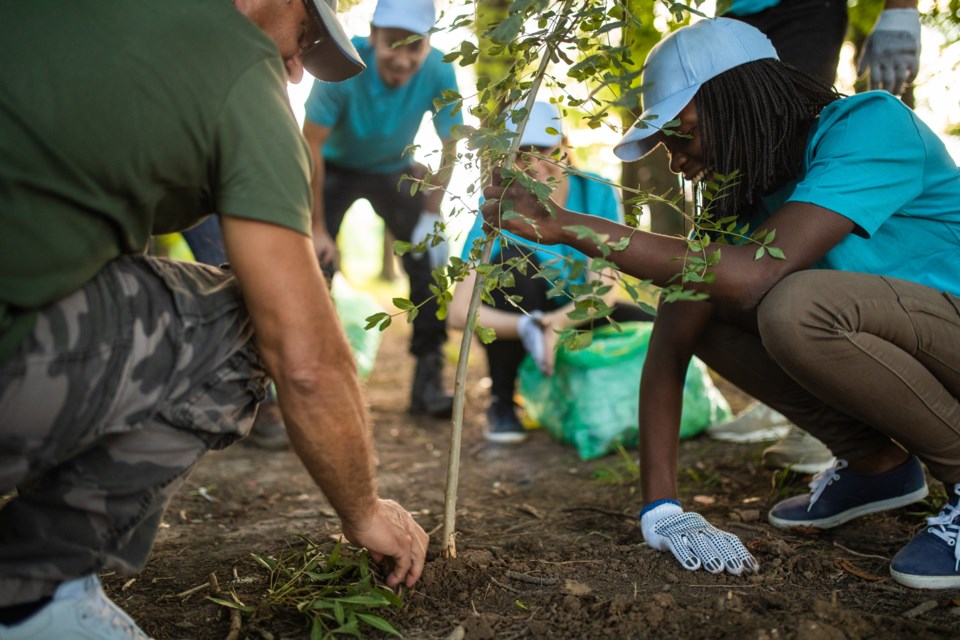The Wakamow Valley Authority (WVA) has more than 200 willows, poplars, birches, and evergreens to put in the ground this Sunday, June 11 at 1 p.m. at the Kiwanis Pavilion in Wakamow Valley, and there’s more than enough work for anyone who shows up.
“We’ve experienced a lot of winter kill over the last couple of years, and with all the storms we’ve had,” explained Donna MacQuarrie-Bye, who recently took the position as the WVA general manager. “Part of our mandate is the preservation and conservation of the park, so it’s important to make sure we have a reforestation program to maintain this park’s natural beauty.”
The trees were mostly donated by the South Hill Community Association and the South Saskatchewan Wildlife Association, with the City of Moose Jaw contributing a few as well, and will be planted in three areas throughout the park. They are mostly in seedling form, with a few larger, more mature specimens here and there.
“We’re not going to do a big, vast area, we’re going to focus on smaller areas each year so that we can track the new trees and give them the TLC they need,” MacQuarrie-Bye said.
“There’s three areas we’re looking at right now, and that’s around the disc golf course, with all the work they did at that new pump station a year or two ago, then the Kinsmen-Wellesley area, and the third area is around the Kiwanis Pavilion where we’ve had to take down some trees.”
The big question is whether the fresh plantees can make it through their first winter — they will need watering, mulching, fertilizing, and more to get them established enough for the harsh Saskatchewan temperatures.
“I’m looking forward to it,” MacQuarrie-Bye added. “It’s nice to get outside and enjoy the fresh air, give back to the environment, and make sure we’re contributing to the sustainability of Wakamow Valley.
“Whether it’s a large group of volunteers or a smaller group, there’s going to be more than enough work to go around to ensure all the planting is completed.”
The tree species have been selected for their hardiness and are mostly native species, which are best adapted to the climate, soil conditions, water availability, and local pests and diseases in the region.
The WVA is looking toward making the plantings a regular, yearly event, possibly incorporated into the annual spring community clean-up day.




